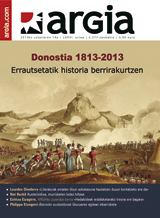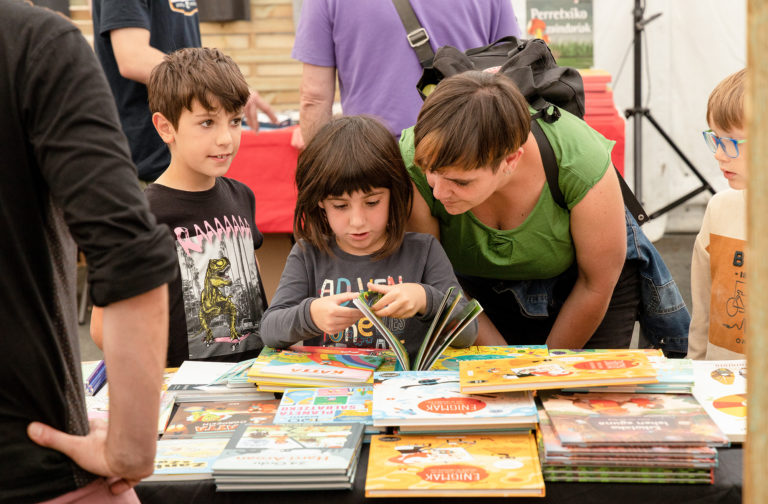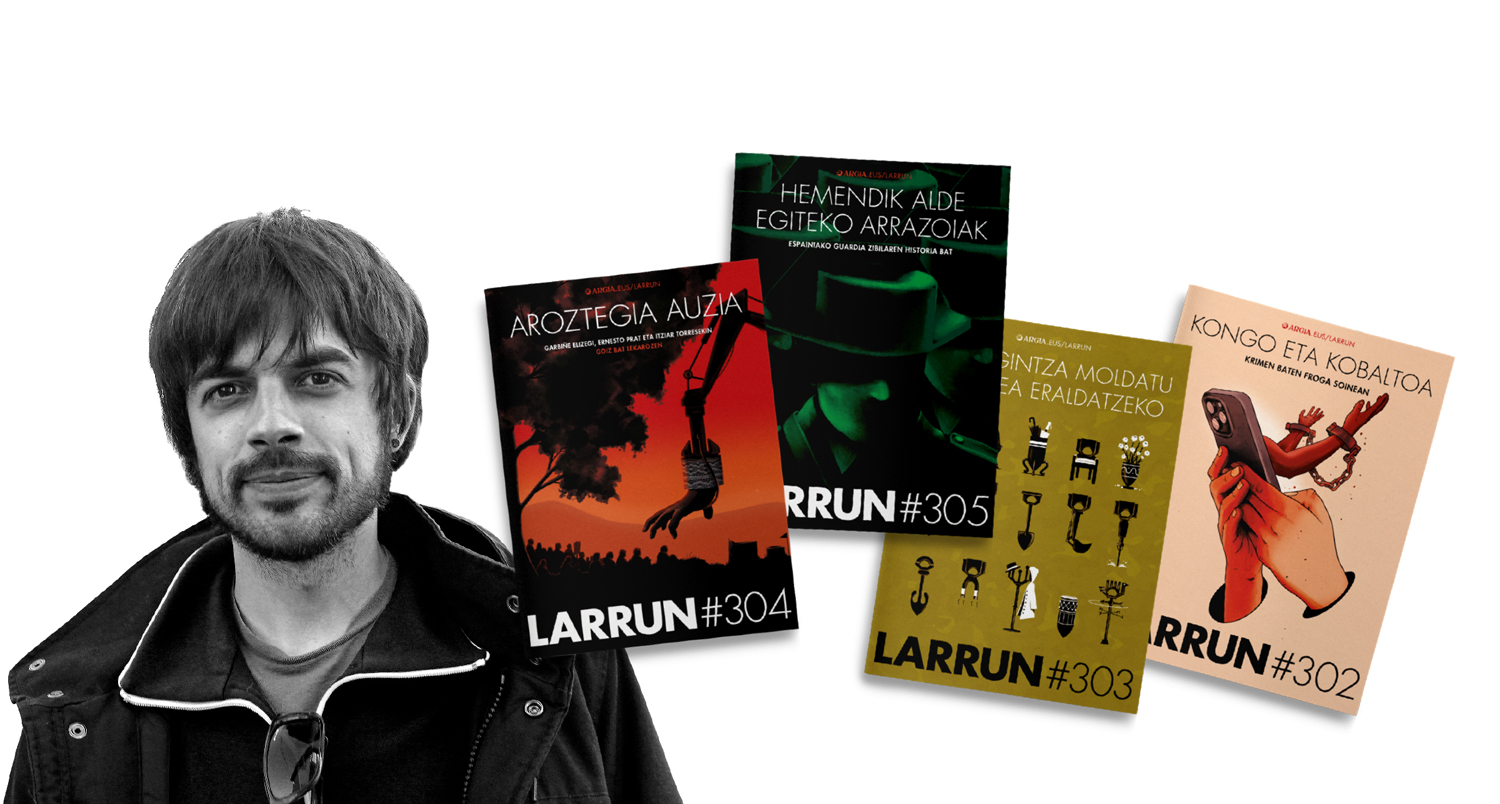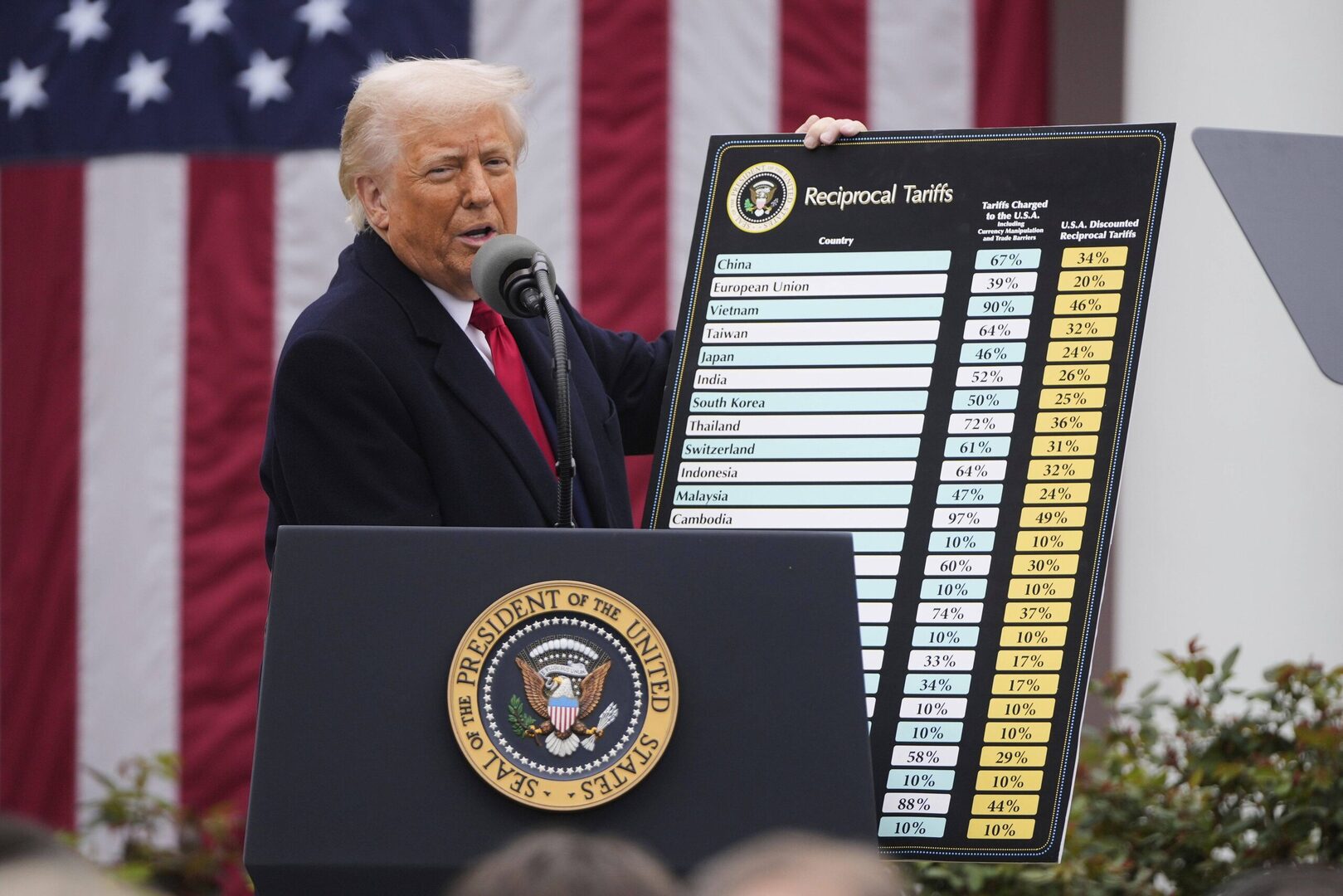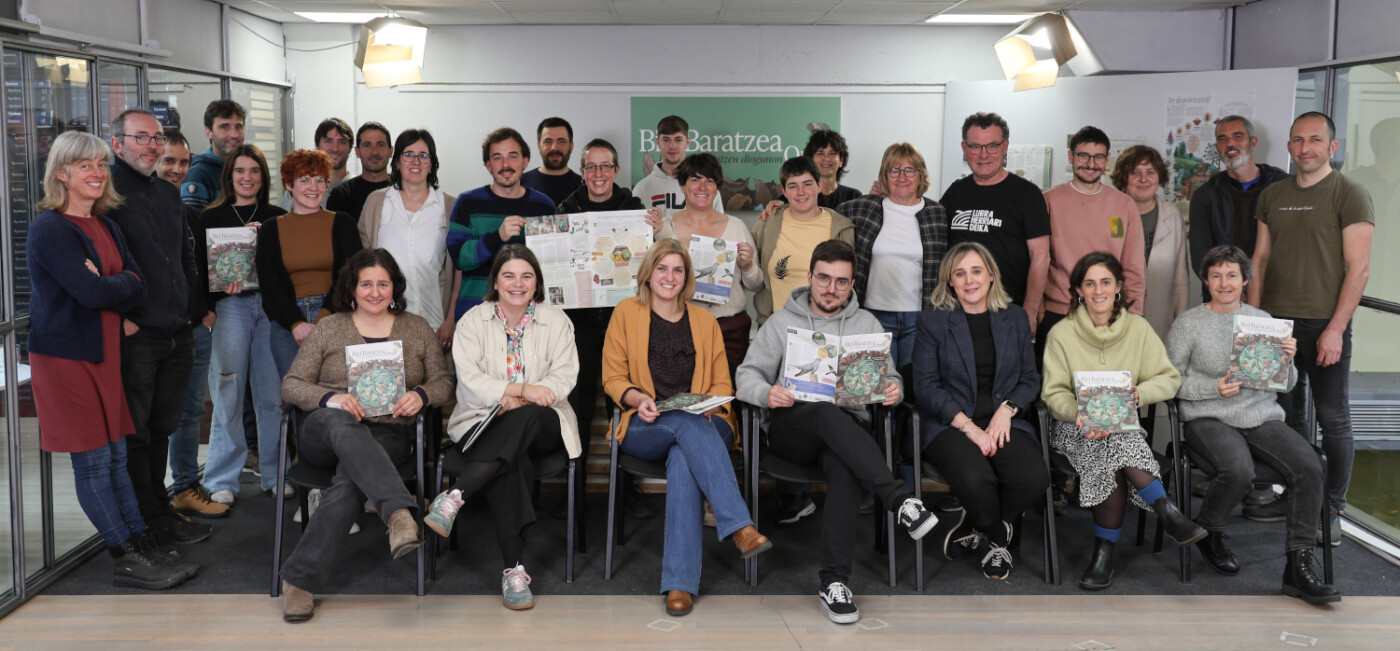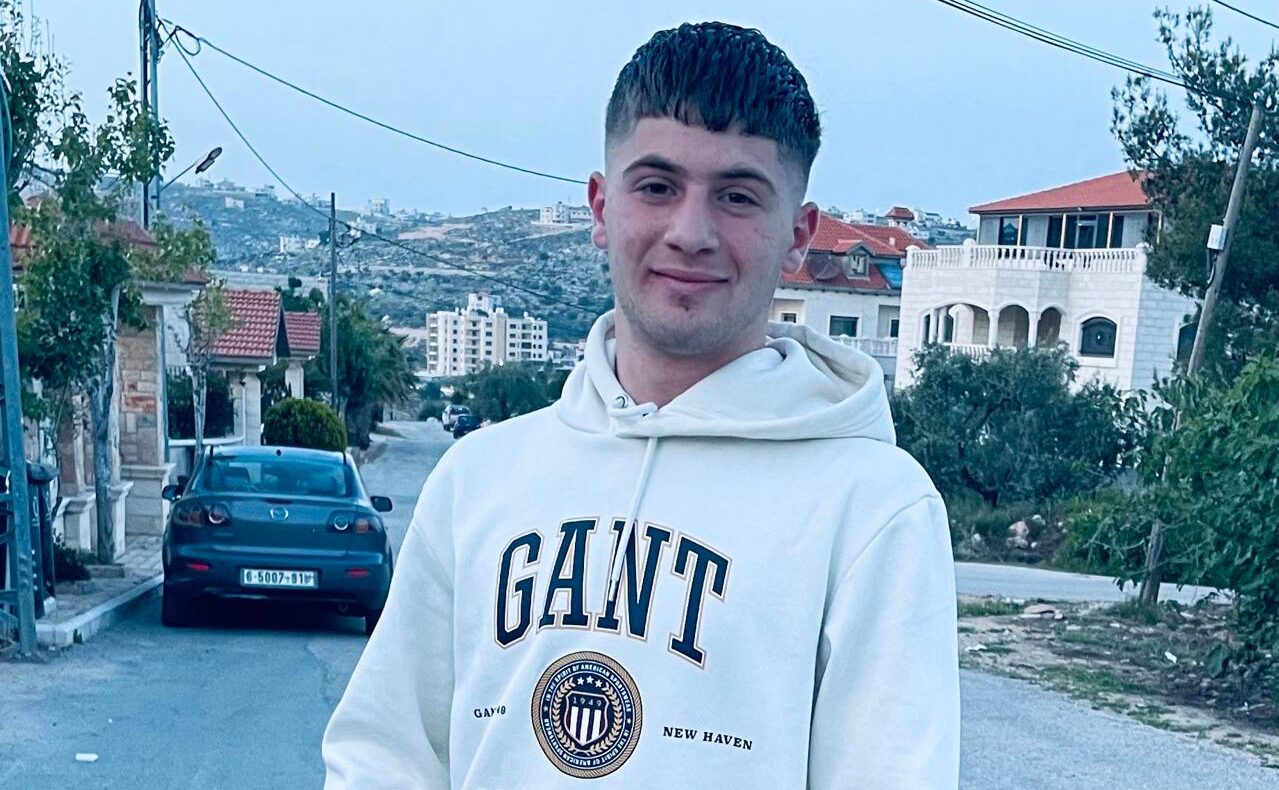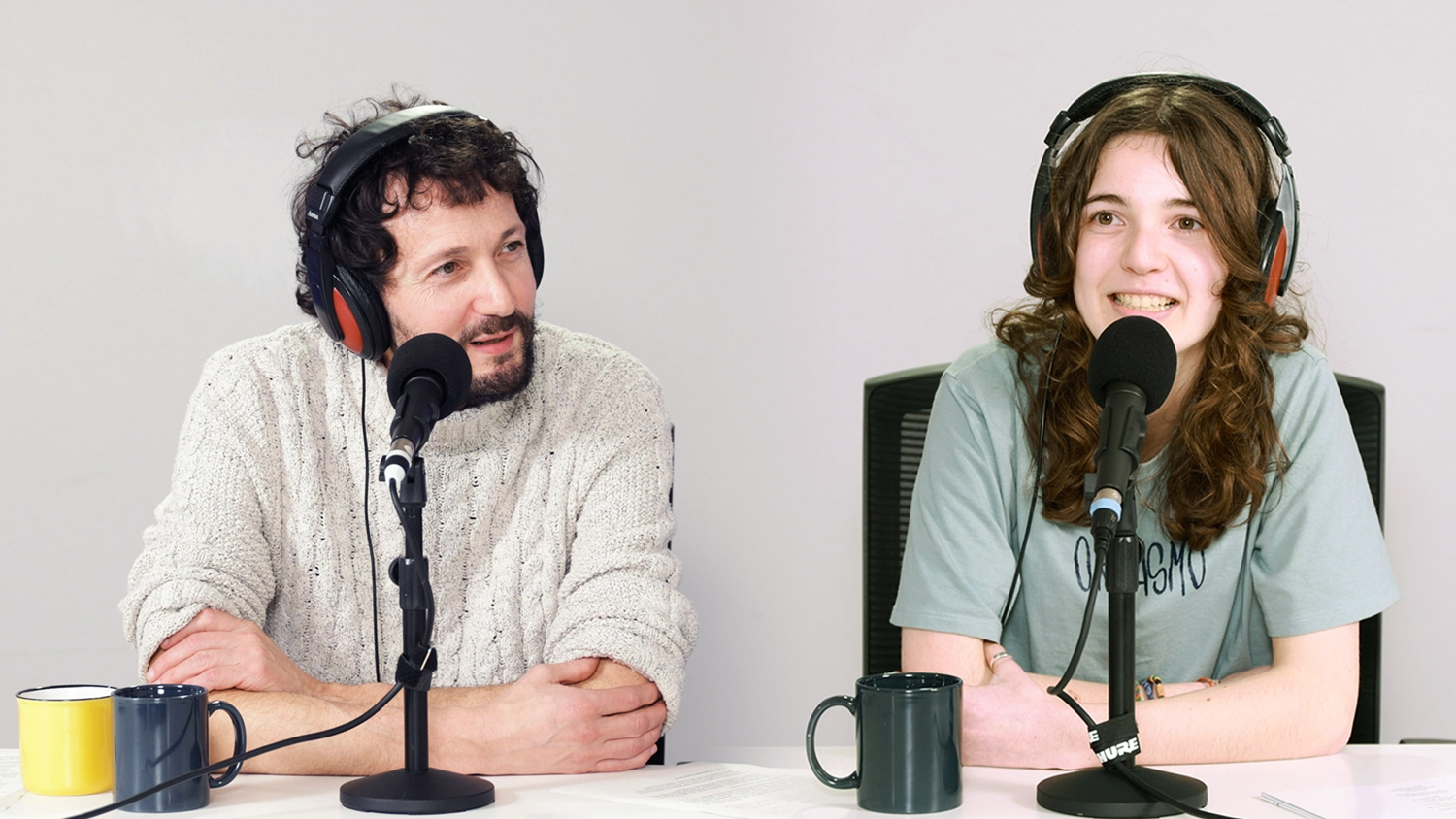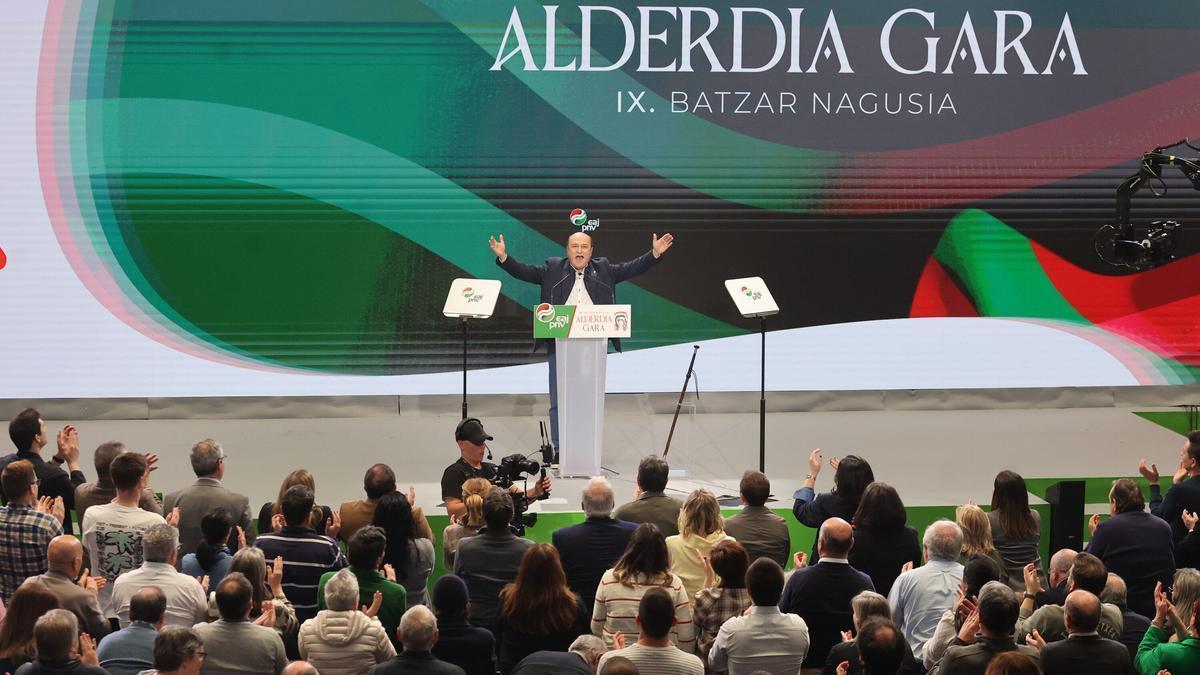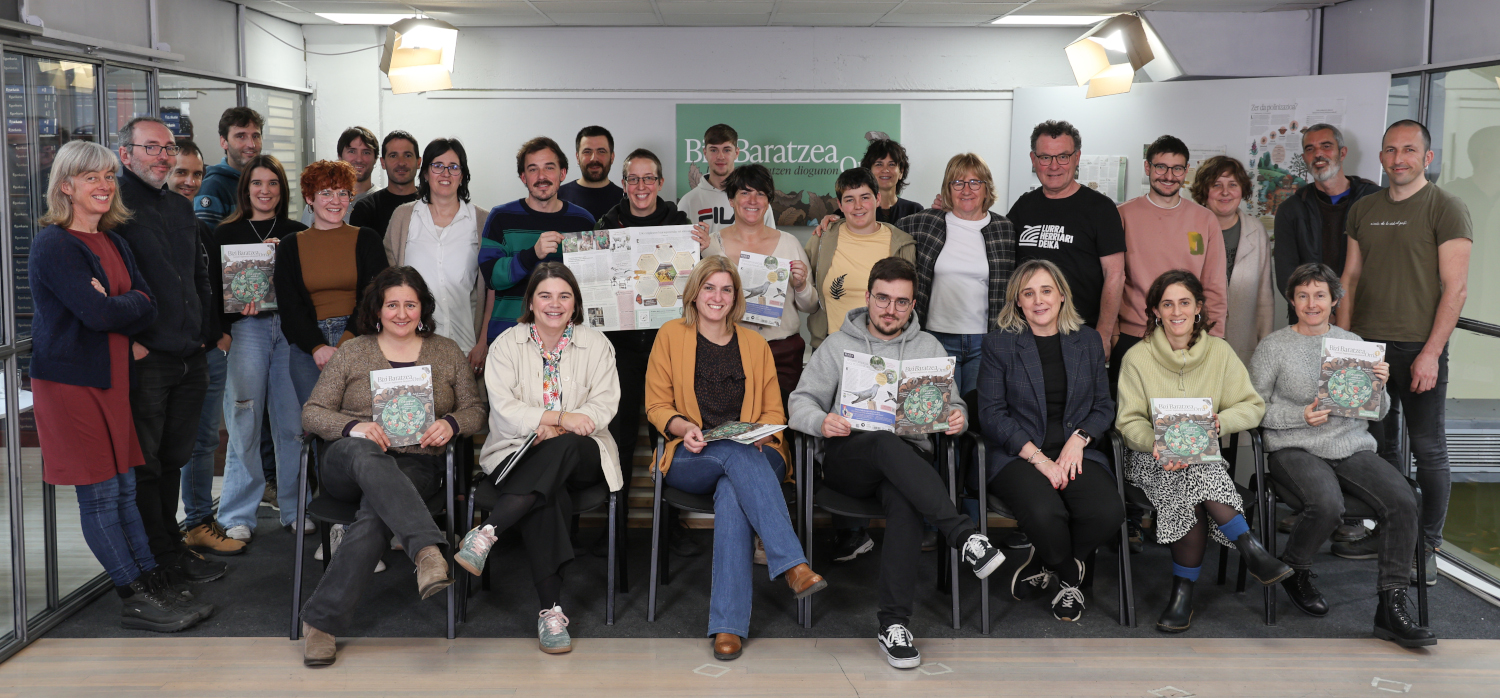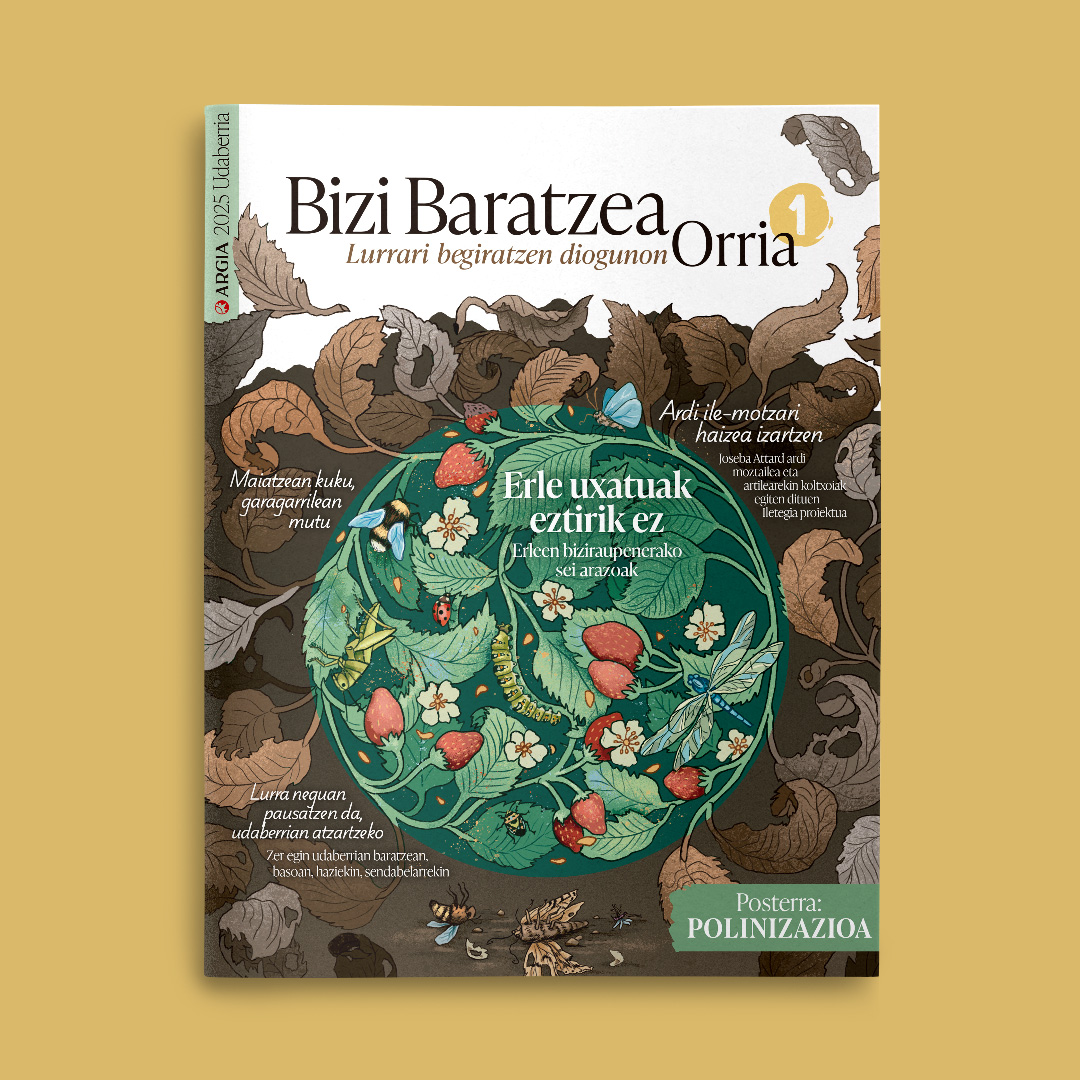"Our engine on the Internet is writing, not the address."
- Estitxu Eizagirre Kerejeta (Hernani, 1979) will be the director of Argia. He started working in this media at the age of 20, and there he's been educated as a journalist. In recent years he has worked as editor-in-chief of the journal. The documentary focuses on teamwork, independent journalism, and confidence in the challenges posed by the Internet.
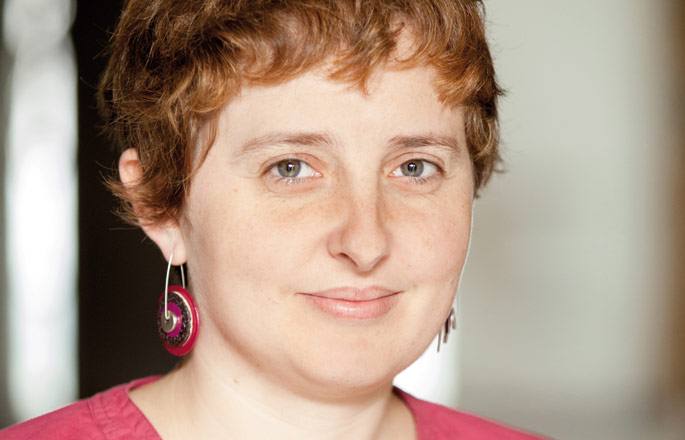
You will take the witness of Xabier Letona. How do you value your work?
Your phrase "Throw Miles" has become a philosophy in our own. He has always led confidence with that margin. You will receive your comments, “here be careful or take this into account,” but it gives you that confidence to do things in your own way.
I think he's been a coach, he's formed the team today. In the writing, people left the job and had to join others, define functions, the Internet has also been growing... This whole work organisation has been carried out by itself.
He has also worked in perspective, what is coming, what are the trends, what place we can occupy in the Basque press. As a result, he launched some of his paragraphs, such as the “Devil’s Advocate”. Or travel projects like Karlos Zurutuza, AMETS Arzallus and Txomin Txueka that interviewed Evo Morales or the emigration of Lander Arbelaitz to South Africa. It has also been up to him to boost the creation of videos on the Internet. See what Argia was 12 years ago and what it is today, because there has been a entrenador.También has actively participated in the construction of initiatives, has focused the theme, vision and discourse in Argia, and has worked in
relations with the other media.
You've been in Argia for many years, how do you remember when you started working there?
When we were in journalism school, Martxelo Otamendi, Pello Zubiria, Iñaki Irazabalbeitia offered a talk about the Basque press... We went to listen to him, and Pello said, "You're from Hernani, right? What are you doing here wasting your time?” I'm learning this... “Come to Argia and we will talk.” So I landed in the Light.
Pello wagered on the idea that my sister Ixiar and I had just started, starting the “Character” that still stands today. Pello did a great job of training us, he helped us prepare interviews, correct the writing -- his lessons won't be forgotten. We won the Rikardo Arrangi prize in 2003.
What would you highlight from what you have learned in this itinerary?
From this company, I would emphasize that it is a project based on people, in the most complete sense, and that each one can work its own projects. For example, I opened a blog about Bertsolarism (Gari Alea) in 2003, and it was approved from the beginning. Or later we did the Hitzetik Hultzera program for the 2009 Championship. If you have your own project, the interest and the desire to do something on a subject, here you are given the opportunity, you put resources and you wager. That's what I've lived in Argia.
And in that sense, there's a lot of freedom to organize and decide their own work. Almost all of the issues that we work on are the ones that we've chosen, based on our curiosity. What's inevitable is that it's weird and it separates. Throughout the process, each one has a great determination: how the subject is going to work, the layout, how to follow on the Internet -- to a large extent it's in everyone's hands.
What will your way of working be?
We work as a team, all issues are discussed as a group and decisions are made as well. We're all right, and we're all right, and then it's going to hit me to face it, and I'm willing to do it. Teamwork, that's our focus of strength.
I feel very protected. In addition, it is very valuable that the releasers continue on the team, as we have three former directors: from September onwards Xabier Letona himself, Pello Zubiria and Garbine Ubeda.
A new director of Argia.
In Argia, the directors are not new. The first director of Argia was Miren Jone Azurza.Cuando had to redefine the place of light with the creation of Euskaldunon Egunkaria, Garbine Ubeda was the director, and at other times when the name of director was not used, women also carried a lot of weight in the writing. When Xabier Letona decided to relay, it was appreciated that the next director was the woman. This shows that there is a sensitivity or a will to move forward in real equality in society. In any case, being a woman’s director is not a guarantee in itself. It is an opportunity, we have to know how to use it among all.
How do we work with the gender perspective in the contents of Argia?
In the work team there is a will to continue working on parity, both on the part of men and women, and that is where we are. Gender is a factor that we take into account when choosing topics. The results are not yet balanced and we feel very critical about them. We record what we publish in the weekly, both by territorial and gender criteria. We've stood in front of the mirror.
If our legal structure has this advantage, because we are the workers the owners, we can also work on these issues in the organisation. It is beautiful to try to put into practice in the company the values we have as a person, in this case parity, in everyday life.
Although no one knows how the Internet will develop in the future, Argia has put a lot of strength on the web from the very beginning. What is to be supported in order to make such a bet?
We all roam in the same sea, the Internet has opened up new possibilities for doing journalism, at the moment it does not give us money to keep us going, and yet we have to navigate there. Nobody knows where we're going, everything's changing, and our business model depends on it. That said, it gives you vertigo, doesn't it? But what do you have to do with that? Trusting in yourself, you will do your best to get to where you have to swim and that the work will bear fruit. Illusion, work and trust, you have nothing else.
On the Internet, our engine is the writing – our horses are journalists – not the direction. Today, all journalists work for both paper and the Internet. In our structure, it is journalists who are driving new forms of the Internet – strikes, monitoring of the Festival or popular walls, specialized blogs, etc. Within the drafting group, there are people who are doing that essay every day, trying to analyze and, as far as possible, adapt the references they have on the Internet as tips; our illusion and goal is to put them in those new forms of journalism in Basque. Our only hard work is trust, that we are attentive to change, that we choose the paths with judgment and that we are not working in vain.
Many have not understood the decision to leave the session too late “at the sweetest time.”
We are a very small company and the resources required by a television programme are very large in terms of time and effort. Wow! It's amazing that such a small group has made 100 programs! And for us, the most satisfying thing is that we've seen that yes, we're able to do a television show a week. We have already said that there is a possibility to carry out personal projects in Argia, and Beranegi’s father was initially Gorka Bereziartua – with the technical help of Axier Lopez – then Unai Brea joined him as a father and a group of actors and writers. It has left a good taste of mouth, and the one who has joined runs the risk of coming back later.
Now journalists are working for the Internet and paper, how has the writing work organization changed?
Argia was a weekly that came with the Internet website, and the permanent theme was to work on the synergies between the two. We have made progress in pooling, as we have said, journalists create it for one or another, and in June we began with a single drafting meeting: in it we met the journalists who previously distinguished between paper and internet and borders have blurred: we talked about the follow-up to the issues, being aware of all the resources available (weekly, Larrun, Internet, videos...). The next step will be to physically bring together all the journalists, as we are a few days on the ground floor and others on the upper floor.
In a time of conflict, it has touched you to take over the command of Argia. What place do you think journalism should occupy at this time?
This period of crisis is very interesting to be a journalist, because important things are happening and the foundations of the system are moving. And making this known is very stimulating. On the other hand, the social role played by the journalist, the importance and necessity of his work is evident at the moment. Only a citizen with sufficient information can really decide, while a citizen who does not have enough information, what does his decisions take? That is why, as the journalist from Argia,
Lander Arbelaitz, rightly said, in the Basque Parliament, journalism is to emerge from what is hidden, more so when power is present, and more so when the human rights involved are involved. We have that commitment to our work.
When the foundations of a society are at stake, when many people are suffering and the welfare state is falling apart, every media outlet decides what it is reporting to. We provide information on the work and vision of the organizations in power, but also on those that show the contradictions of the current system. And one of our criteria is, beyond mere criticism, to make known positive and alternative examples that others get resultados.En the extent to which the diversity of information strengthens the opinion and the decision-making capacity of readers, the
media are also a tool for transformation – or for things to remain as such – and we make committed journalism, which disseminates initiatives that connect with the values of Light (independence, territoriality, parity.
There are also many who support and support this committed journalism.
Journalism in Euskera has always been in crisis, but there have always been people who have been financially committed to journalism in Euskera, and if Euskera goes ahead it is thanks to that personal effort as well. We are so indebted and much appreciated. More in times of crisis, because there are a lot of people who cut spending elsewhere and help Argia. We are very grateful for that. A project is being maintained that contributes to the development of the Basque Country, as well as independent journalism and the diversity of opinions and information n.Son subscribers, those who subsidize the website, those who advertise, and also the institutions, which in times of
crisis have made an effort to withdraw money from other parties and maintain support for the Basque media. We acknowledge it with total gratitude. Let us see if we continue to work together, providing reasons for subsidizing the Argia project at ease.
Ereserkiek, kanta-modalitate zehatz, eder eta arriskutsu horiek, komunitate bati zuzentzea izan ohi dute helburu. “Ene aberri eta sasoiko lagunok”, hasten da Sarrionandiaren poema ezaguna. Ereserki bat da, jakina: horra nori zuzentzen zaion tonu solemnean, handitxo... [+]
Gaur, martxoak 27, ARGIA komunikabidearen egoitzan aurkeztu dugu Bizi Baratzea Orria, urtaro bakoitzean zabalduko den aldizkari berria. Horrekin batera ospatu dugu ARGIAren Bizi Baratzea proiektuak 10 urte betetzen dituela aurten. Bizi Baratzeako kolaboratzaileak eta ARGIAko... [+]
Urtaro bakoitzean kaleratuko den aldizkari honek Lurrari buruzko jakintza praktikoa eta gaurkotasuneko gaiak jorratuko ditu. Formato oso berezia du: plegatutako orri handi bat da eta zabaldu ahala poster handi bat agertuko zaigu barnean. ARGIAk sostengatzen du Bizi Baratzea... [+]









